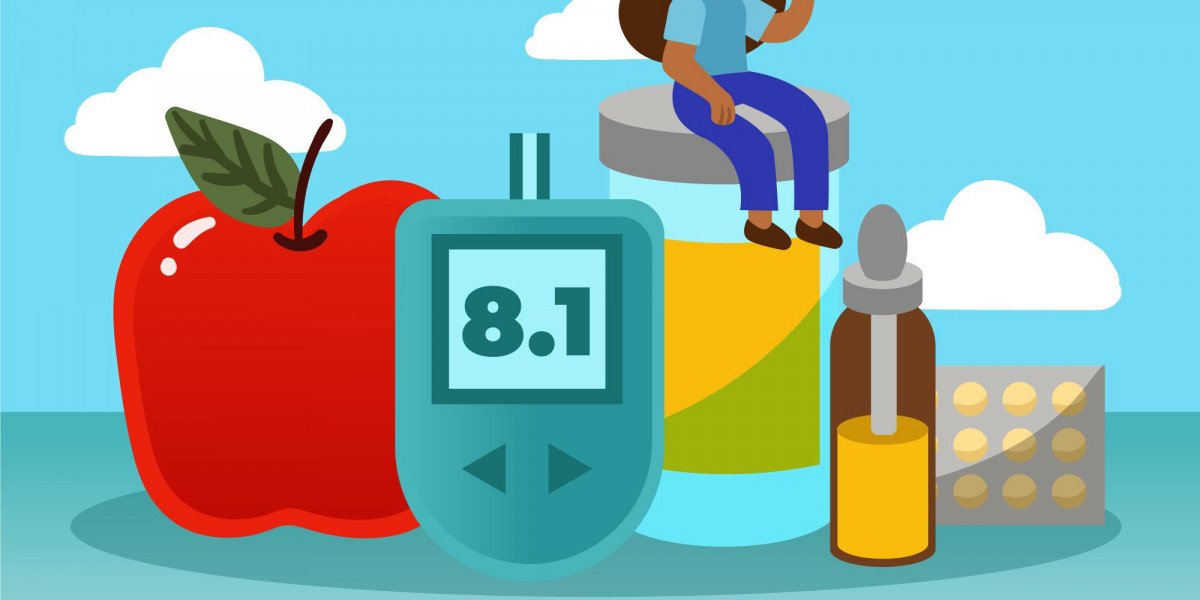Diabetes doesn’t develop overnight—it gives plenty of warning signs before becoming a serious issue. But the problem? Most people ignore these signs or mistake them for something else. The sooner you recognize the signs of diabetes, the better your chances of controlling it before it escalates. Let’s dive into the early warning signs of diabetes and see if you’re at risk.
Unusual Thirst and Frequent Urination
If you find yourself constantly reaching for a glass of water and making more trips to the bathroom than usual, it could be one of the early warning signs of diabetes. When blood sugar levels rise, the body tries to get rid of excess glucose through urine, making you urinate more. This, in turn, leads to dehydration, causing excessive thirst. If this cycle continues, it might be time to check for signs of diabetes.
Unexpected Weight Loss Despite Normal Eating
Losing weight without trying might sound like a dream, but it could be a red flag. If your body isn’t able to use glucose properly, it starts burning fat and muscle for energy, leading to sudden weight loss. Many people assume this is just a metabolism shift, but in reality, unexplained weight loss is one of the early warning signs of diabetes. If you’ve dropped a noticeable amount of weight without changing your diet or activity level, it’s worth investigating.
Persistent Fatigue and Weakness
Ever feel like no amount of sleep is enough? That persistent feeling of exhaustion, even after resting, is another common sign of diabetes. When your cells don’t get enough glucose for energy, your body slows down, making you feel constantly drained. This fatigue isn’t just about being sleepy—it’s the kind of exhaustion that lingers throughout the day. If you often feel weak or struggle to complete daily tasks, your blood sugar levels might be to blame.
Increased Hunger Even After Eating
Feeling hungry all the time, even after meals, could be more than just a fast metabolism. It’s one of the signs of diabetes that people often overlook. Since the body can’t properly use insulin, the cells don’t get the energy they need. As a result, the brain signals for more food, making you feel constantly hungry. If you find yourself eating more than usual yet still feeling unsatisfied, it could be an early warning sign of diabetes.
Blurred Vision and Eye Strain
Your eyes can reveal a lot about your health, and blurred vision is one of the early warning signs of diabetes. High blood sugar affects the fluid levels in the eyes, causing swelling and difficulty focusing. Some people mistake this for aging or eye strain from screens, but if your vision suddenly changes and fluctuates, diabetes could be a possible cause. Ignoring this symptom may lead to more severe eye problems down the road.
Slow-Healing Wounds and Frequent Infections
Have you noticed that cuts, bruises, or sores take much longer to heal than before? High blood sugar damages the blood vessels, slowing down circulation and making it harder for wounds to recover. This also weakens the immune system, increasing the risk of infections. If you’re experiencing frequent infections or wounds that linger for weeks, these could be signs of diabetes that shouldn’t be ignored.
Tingling or Numbness in Hands and Feet
One of the most troubling signs of diabetes is nerve damage, which often starts with tingling or numbness in the hands and feet. This happens when prolonged high blood sugar levels damage the nerves, leading to a condition known as diabetic neuropathy. At first, the sensation may come and go, but over time, it can become painful or even lead to loss of sensation. If you regularly experience pins-and-needles feelings or unexplained burning sensations, it’s time to check your blood sugar levels.
Darkened Skin Patches
Dark, velvety patches of skin appearing on the neck, armpits, or other folds of the body could be an early sign of diabetes. This condition, known as acanthosis nigricans, is often linked to insulin resistance. Many people mistake these patches for dirt or skin pigmentation, but they can actually be an indicator of underlying blood sugar issues. If you notice such changes in your skin, it’s best to get tested for diabetes.
Irritability and Mood Swings
Sudden mood swings and irritability might not just be stress-related. Blood sugar fluctuations can have a significant impact on mental health, causing mood changes, anxiety, and even depression. If you find yourself feeling unusually irritable, anxious, or struggling with unexplained sadness, it could be linked to unstable blood sugar levels. Managing your blood sugar can help regulate your mood and improve emotional well-being.
Recurring Yeast Infections and Skin Problems
Frequent yeast infections or skin conditions that don’t seem to go away could also be signs of diabetes. Excess sugar in the blood creates a perfect environment for yeast and bacteria to thrive, leading to persistent infections. This can affect various parts of the body, including the mouth, underarms, and genital areas. If you’re dealing with recurrent infections, it’s a good idea to check if diabetes could be the underlying cause.
Why You Shouldn’t Ignore the Early Signs
Recognizing the early warning signs of diabetes is crucial for preventing serious complications. Many people overlook mild symptoms until they worsen, leading to long-term health issues. If you experience any combination of these signs of diabetes, it’s essential to get tested as soon as possible. The sooner diabetes is detected, the easier it is to manage and prevent further damage.
Taking Control of Your Health
If you suspect you may have diabetes, don’t wait for symptoms to worsen. Simple lifestyle changes like eating a balanced diet, staying active, and maintaining a healthy weight can significantly reduce the risk of developing full-blown diabetes. Regular check-ups and monitoring your blood sugar levels can also help you stay on top of your health. Early intervention is the key to living a healthier and longer life.
Final Thoughts
Diabetes is a serious condition, but catching it early makes all the difference. Pay attention to your body and recognize the signs of diabetes before they progress. The early warning signs of diabetes may seem harmless at first, but they are clear signals from your body that something isn’t right. By staying informed and taking action, you can take control of your health and prevent future complications. Don’t ignore the warning signs—your health is too important to leave to chance.
FAQs
1. Can diabetes symptoms appear suddenly?
Yes, in some cases, diabetes symptoms can develop quickly, especially with type 1 diabetes. However, type 2 diabetes symptoms tend to appear gradually, making them easier to overlook.
2. Is excessive thirst always a sign of diabetes?
Not necessarily, but it’s a common symptom. Other conditions, like dehydration or certain medications, can also cause thirst. If it’s accompanied by frequent urination, it may indicate diabetes.
3. How do I know if my fatigue is related to diabetes?
If your fatigue is persistent, unexplained, and accompanied by other signs of diabetes like excessive thirst or frequent urination, it’s worth getting your blood sugar levels checked.
4. Can diabetes affect my vision permanently?
Yes, prolonged high blood sugar levels can lead to serious eye conditions like diabetic retinopathy. Early detection and proper management can help prevent long-term vision damage.
5. What should I do if I have multiple symptoms of diabetes?
If you experience multiple early warning signs of diabetes, consult a doctor immediately. A simple blood test can determine if your blood sugar levels are within a healthy range.
Consult a Homeopathy Doctor Now: https://www.dharmahomoeo.com/
Source: https://diigo.com/0ywwv0









